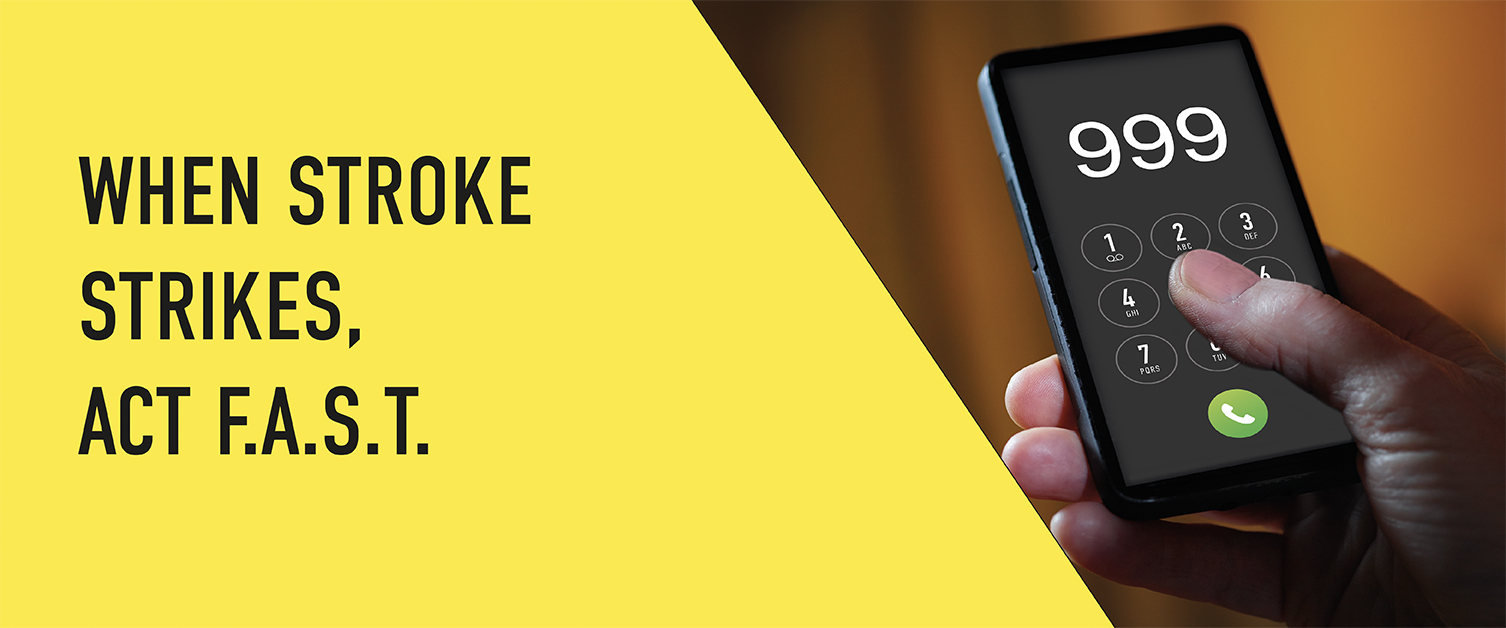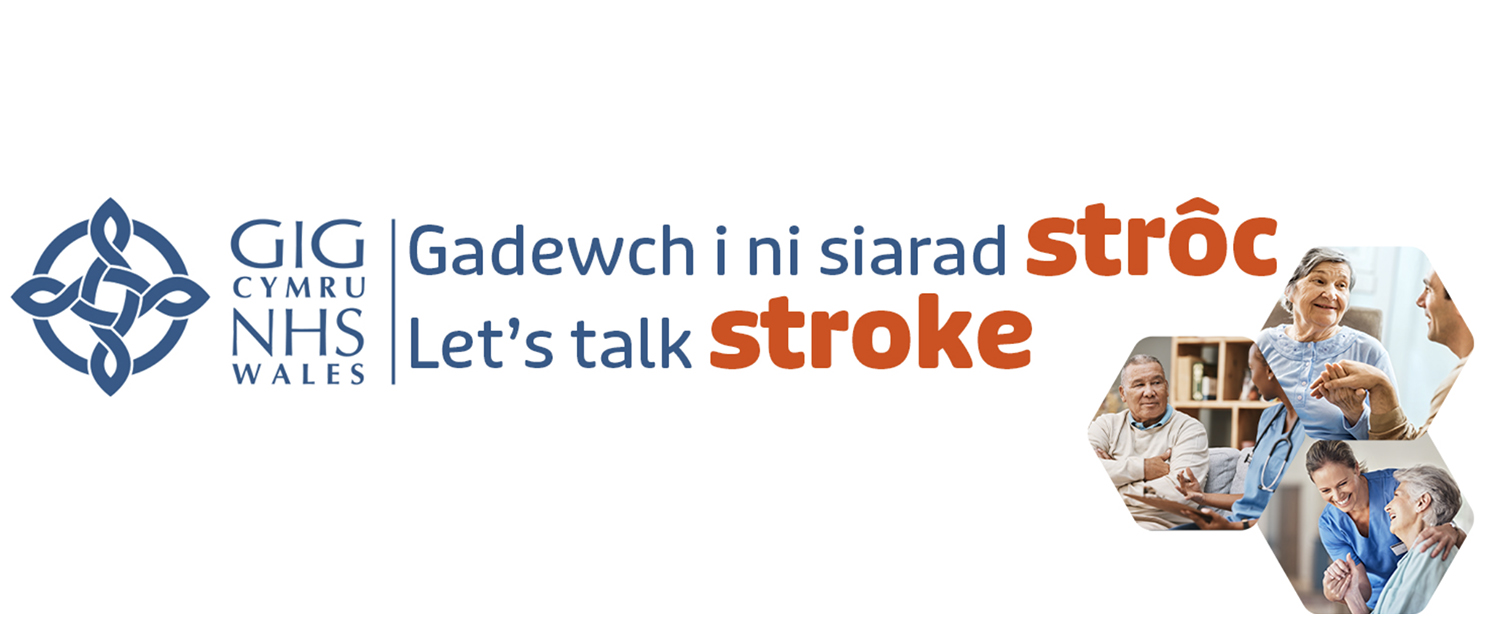Act F.A.S.T. Call 999 if you see any single one of the signs of a stroke. Is this something we have seen before?

There are around 100,000 strokes in England, Scotland and Wales every year. Stroke is the fourth single leading cause of death in the UK and the single largest cause of complex disability.
In Wales, stroke affects around 1,600 people in the South-Central Wales area each year, with 3,200 seeking hospital care for suspected strokes.
A grandfather waited 13 hours for an ambulance after having a stroke and his family fear he may not fully recover.
The F.A.S.T. (Face, Arms, Speech, Time) acronym provides a memorable way of identifying the most common signs of a stroke and emphasises the importance of acting quickly by calling 999.
Think and Act F.A.S.T. if you see any single one of these signs of a stroke:
- Face – has their face fallen on one side? Can they smile?
- Arms – can they raise both arms and keep them there?
- Speech – is their speech slurred?
- Time – even if you’re not sure, call 999.
When Stroke Strikes Act F.A.S.T. Call 999.
A stroke is a ‘brain attack’, caused by a disturbance in the blood supply to the brain. It’s a medical emergency that requires immediate attention. So recognising the signs of stroke and calling 999 for an ambulance is crucial. The sooner somebody who is having a stroke gets urgent medical attention, the better their chances of a good recovery. Learn more about stroke on the NHS 111 Wales website.
Let’s Talk Stroke: South – Central Programme
Cwm Taf Morgannwg and Cardiff and Vale University Health Boards are working together, with other leading stroke organisations including the Stroke Association, to take important steps to make stroke care services better for anyone affected by stroke across South-Central Wales. The South-Central Wales region covers Bridgend, Rhondda Cynon Taf, Merthyr Tydfil, Cardiff, the Vale of Glamorgan and South Powys.
We want to make sure that people who experience a stroke have improved outcomes and can enjoy the best life possible following a stroke. For this to happen it requires getting to the right stroke service quickly and in the right place, and having access to effective rehabilitation and recovery support.
All parts of a patient’s stroke journey, from early assessment and diagnosis to rehabilitation and recovery, is currently being reviewed.
We want to hear from patients, healthcare workers, and anyone who has a lived experience of stroke, or who cares about stroke care. If you or someone you care for has had a stroke, we want to hear your story by filling out this short form.
Your experiences and ideas are really important. They can help us make care better for people like you.
You can stay updated on the South-Central Wales Stroke programme on our Cwm Taf Morgannwg website and by following our social media pages.
If you’d like to write to us or to speak to a member of our stroke team, please get in touch with us by emailing – CTM.OurHealthOurFuture@wales.nhs.uk (use ‘Let’s Talk Stroke Feedback’ as your email subject)
https://business.senedd.wales/documents/s99520/Research%20Brief.pdf



